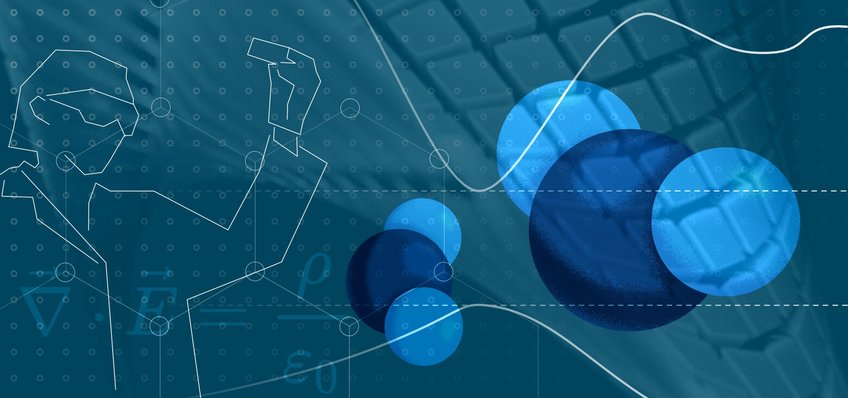
Challenges in Basic Research
Since founding of the institute more than 35 years ago, the application of macromolecular materials has changed and expanded dramatically.
While the initial focus was on the so-called commodities, development of applications has turned to much more challenging problems. These range from applications under extreme conditions to medicine and active components in electronic devices. This development is only possible through preceding and accompanying research into the fundamentals.
Especially within the field of work of the MPI for Polymer Research, new applications almost always raise new fundamental questions, which are then of importance for very different issues. One particularly important field is that of interfaces of all kinds, the structure and function of which are now being investigated through constantly improving methods, often with atomic resolution.
Typical soft macromolecular matter can also be referred to as "bulk of interfaces", since on the current scale of resolution, the image of a homogeneously filled volume no longer holds. Especially with respect to biological questions, aqueous interfaces, especially close to the microscopic freezing point, play a major role. How can macromolecules control ice formation, and how do bacteria do it in nature? The goal is to identify novel antifreeze and ice nucleation proteins from various biological sources and investigate their structure, functional mechanisms, and potential applications.
In addition to spectroscopic challenges, entirely new requirements for ultrahigh-resolution electron microscopy are emerging. In biology, this has led to a "revolution in resolution." How can it be used to understand the properties and function of highly conformationally fluctuating macromolecules at interfaces? All of this is supported and accompanied by theoretical work. But here a new and important development is emerging. In parallel to theory, and multiscale modelling in particular, artificial intelligence methods have improved greatly in recent years. The latter have opened up many new application areas from within computer science. Developing these different approaches into a strong tool is one of the primary challenges for theory for the coming years.




